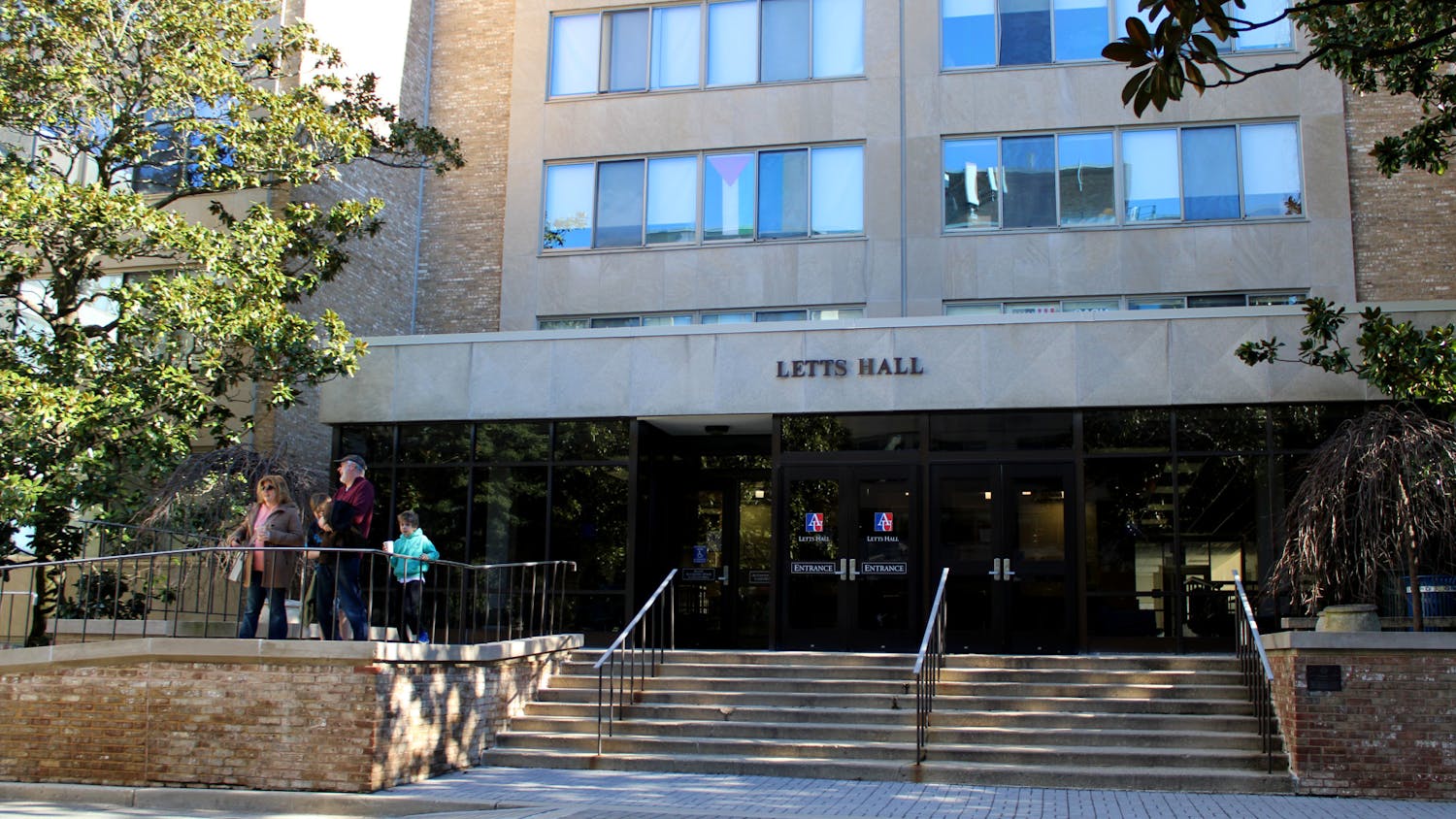Home to nearly 260,000 undergraduate students at 10 colleges, D.C. has been ranked No. 2, behind Boston, as one of the best large cities for college students.
Based on the idea that location is an important factor in determining where students choose to attend college, Collegia Inc., a Massachusetts consulting firm, used characteristics about cities to rank "college-friendly" places in its 2003 College Destination Index.
"Really, universities are the economic engine of a lot of these areas," said George Smith, Collegia's director of research. "It's really the knowledge-workers that are coming out of these regions. These are the next generation of policy-makers for the regions."
Collegia hopes to help students choose which cities are best for them. An index rates each city's characteristics, including transportation, safety, cost of living and the number of registered patents per the city's total population.
"It's pretty telling, the type of person who pursues a patent," said Maryn Sloane, an alumna of George Washington University and a graduate student at Columbia University in New York. "The city is probably more interesting for it."
Collegia also looks at the ratio of international students in the area. D.C. ranked second in this category, with 452 international students per 100,000 students.
Ethnic or racial minorities were not included in the data for student diversity.
"Diversity goes beyond just race or just ethnicity," Smith said. "International students play such a big role in the college experience in terms of exposing other students to different cultures."
Some AU students agreed that D.C. is diverse.
"D.C. is such a culturally diverse city anyway because the government is here," School of Communication graduate student Laura Creecy said. "There's just so much for everyone. You just need to know where to find it."
D.C. ranked No. 9, its lowest overall ranking, on the lifestyle index, which rates the number of restaurants, bars, performing arts venues, spectator sports, museums and historic sites.
"I find that hard to believe," Creecy said. "Our nation's national museum system is here."
However, D.C. ranked eighth for the number of restaurants and nightlife spots and third for museums and historic sites, behind Boston and New York, respectively.
"A lot of those things are really inaccessible for financial reasons, geographic reasons, crowded reasons," Sloane said of nightlife and cultural activities in New York. "A lot of the really great things New York has to offer, you're not going to be able to partake in."
D.C. "has everything a big city needs ... culture, nightlife, professional and academic opportunity, art, food ... but with a small-town atmosphere," she said.
Although Collegia's study does not reflect students' opinions directly, Smith said it tried to get the student perspective from the data it studied.
He said the study's main targets are school administrators and local and regional policymakers.
"We're hoping colleges themselves will find out about it," Smith said. "If a region sees, 'Wow, if we're really not reaching out to students, we're actually losing out.'"
The College Destination Index would help city officials see where they need to improve in order to attract and keep students, Smith said.
"We realized how important it is for the private sector and the public sector to embrace the student population," Smith said. "A lot of cities can draw a lot of college students, but they end up losing a lot in the end when students who graduate are attracted to what they think might be more exciting cities or bigger cities."
Hillary Halbern, a senior at the Edmund Burke School, near the Van Ness-UDC Metro station, said location is an important factor for when she chooses a college.
"I need to be in a place where I can picture myself living in and working in after college," Halbern said.




